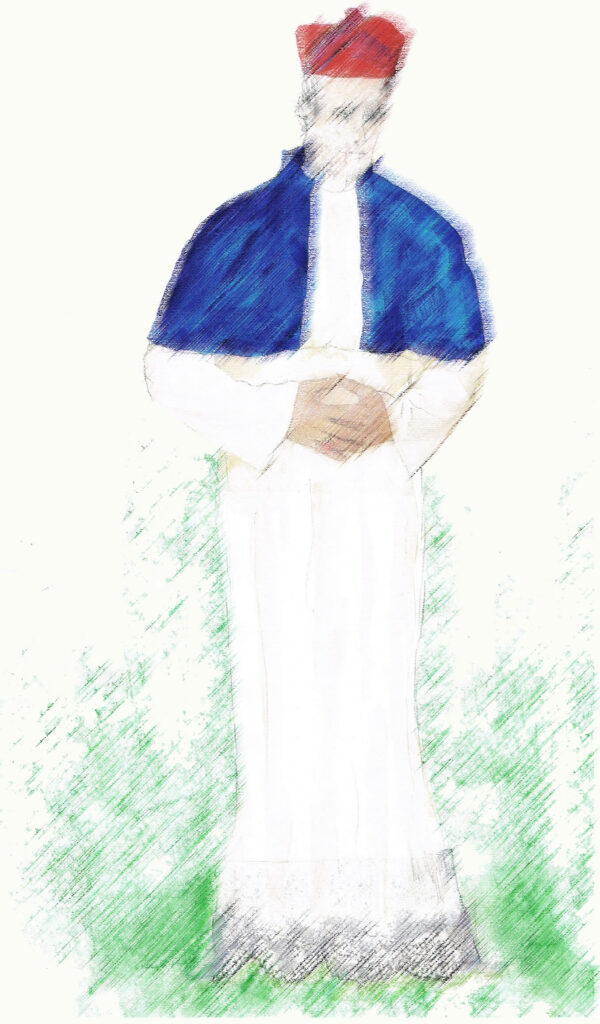Dreams are an indelible part of the novel. The central feature of a dream is an image that is infused with power and meaning. The heroine in Chanting the Feminine Down moves back and forth among narrative, dreams and poetry, looking for her God and looking for her soul. It should be noted; the author is a long-time student of Jungian psychology and is aware of the dangers of the highly personalized dream. The dozens of dreams cited in the novel are spontaneous, symbolic and seemed to come directly from the psyche. They in turn helped feed and enrich the creative process. This also becomes the language of poetry.
Chanting the Feminine Down
“Santo Subito, Santo Subito”
Sainthood in our lifetime
Chants the Vatican throng
Clapping the dead pope
Into his sepulcher.
Soon the lame will walk
And hands will remember
What the brethren already know
About Lenten wounds.
I begin my reverie
In geometry with his red
Four-cornered hat
That touches the cardinal points
Then that slow drag
Of gravity; broad lumber
Jack shoulders round into
A feminine curl, inward
As if they are reaching
For the heart. His white
Cassock slips to the floor
Showing a hint of bottom lace.
The blue stole winds around
His body that is falling into itself
Like a circle of peace.
Mass is about to begin.
I am kept from the ceremony
By a thick rope.
A priest dresses me in a black robe,
Paints my face white
And covers me in a shroud of incense.
I am standing on a round stone
And hear the strains of my youth:
“Introibo ad altare Dei”—
I will go to the altar of God;
“Kyrie eleison”—
Christ have mercy on us;
I say the Gloria
Confess my sins
And then my back is turned to the altar
Until after the Communion Feast
As if a shunning.
I hear the shuffle of a thousand feet.
And when I am turned again
I am a statue
Watching the celebrant
In purple vestments
Fisting a bloodless chalice
With altar cloth:
“Dominus vobiscum, he says—
The Lord be with you
And with you Father
I scream, fighting
My way out of ritual
As if coming up for air,
And with you Mother
“Dona nobis pacem”
Grant us your peace
At your table
In your grace
As you slip into the earth
Becoming for us
Our “panem nostrum”—
Our daily bread
We take slow.

